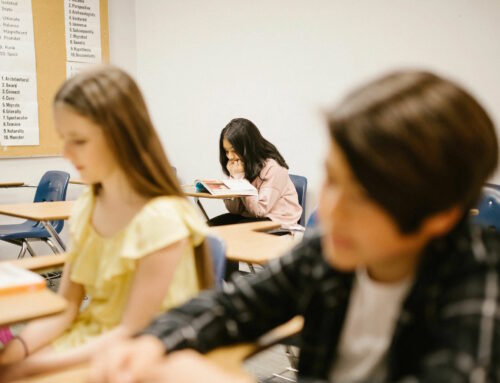Invariably, children with DYS disorders (dyspraxia, dysphasia, dyslexia, dyscalculia…) are identified by their disability, their learning difficulty. Yet these differences also reflect qualities and strengths, which it is absolutely vital to value, both at school and in everyday life. Deciphering the 4 major strengths and qualities of DYS children.
Perseverance, the ability to never give up
Whatever the nature of the dysfunction (calculation, reading, gesture…), a DYS child is quickly confronted with its obstacles. As with all types of disability, he will use compensatory techniques to adapt. In addition to the advice given by family and friends, teachers and specialists(speech therapists, occupational therapists, etc.), he or she will need to be determined to move forward.
As perseverance is not an innate ability, it must be encouraged by all possible means, such as positive education to build confidence, or the systematic search for solutions.
Logic and problem-solving skills
Contrary to popular belief, a DYS child is not intellectually impaired: normally intelligent, he or she just needs tools and accommodations to perform certain tasks. In dyslexics, research shows that the right hemisphere of the brain is more active than average: it enhances their ability to solve problems. This logic is clearly appreciated, as an English study has shown that the proportion of women holding entrepreneurial positions is higher than in the general population.
With more kindness and inclusion, DYS children could make for a more diverse and understanding society…
Imagination, the ability to escape
Often pinned down in class for daydreaming or laziness, a DYS child tends to immerse himself in an imaginary world – especially if he has difficulty communicating (dysphasic or Attention Deficit Disorder, with or without Hyperactivity). This ability to create a world helps develop his artistic sense, which he can share with the outside world as an adult. Many DYS are artists: Pablo Picasso, Mika, Harrison Ford, Steven Spielberg…
Little valued in the school environment, imagination is a gift that needs to be cultivated, with pedagogy and tolerance: getting lost in thought doesn’t mean that a DYS child doesn’t want to work, his brain has just taken a side road…
Empathy, the ability to listen to the emotions of others
As a DYS child has many feelings, which take time to identify, he or she is often very sensitive to those of the people around him or her. Conducted in November 2020, a University of California study showed that dyslexics possess heightened emotional hypersensitivity and self-awareness. A High Emotional Potential (HPE ) that can become an undeniable asset in human relations.
While this empathy is a strength, it means working on it with the help of a psychologist, to master its mysteries and avoid falling into its pitfalls (anxiety, depression).








